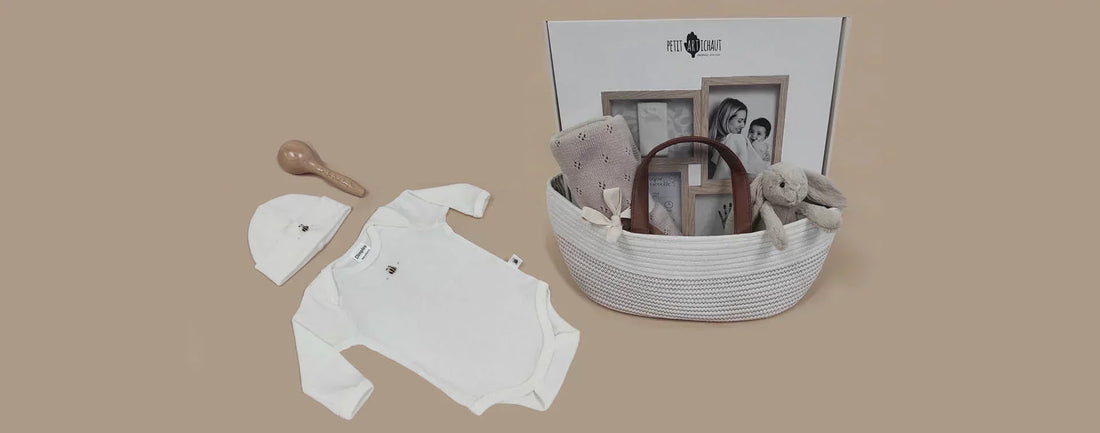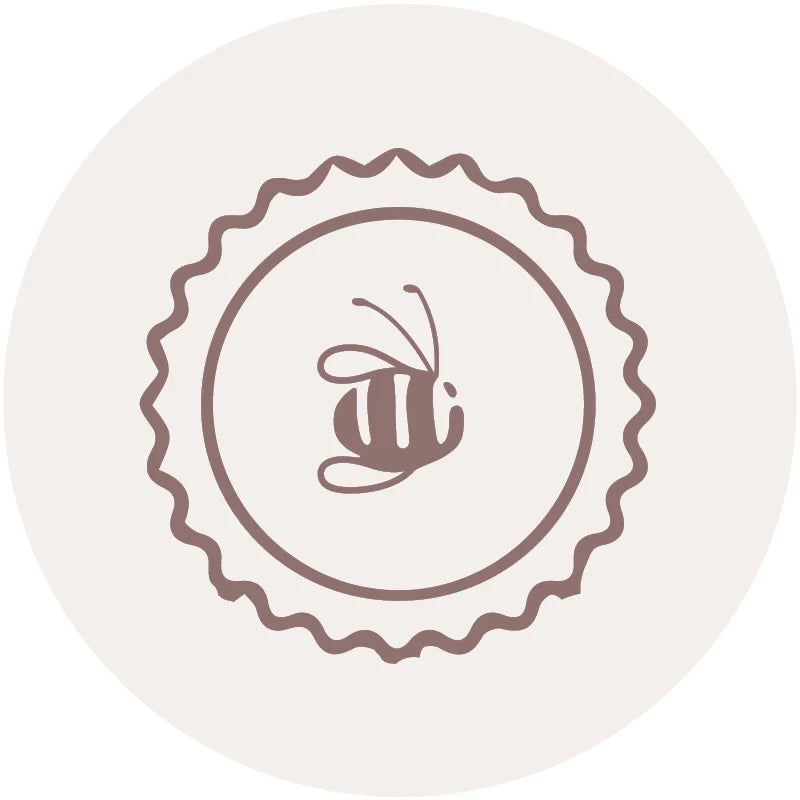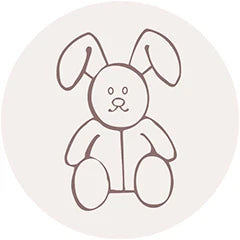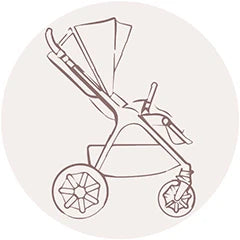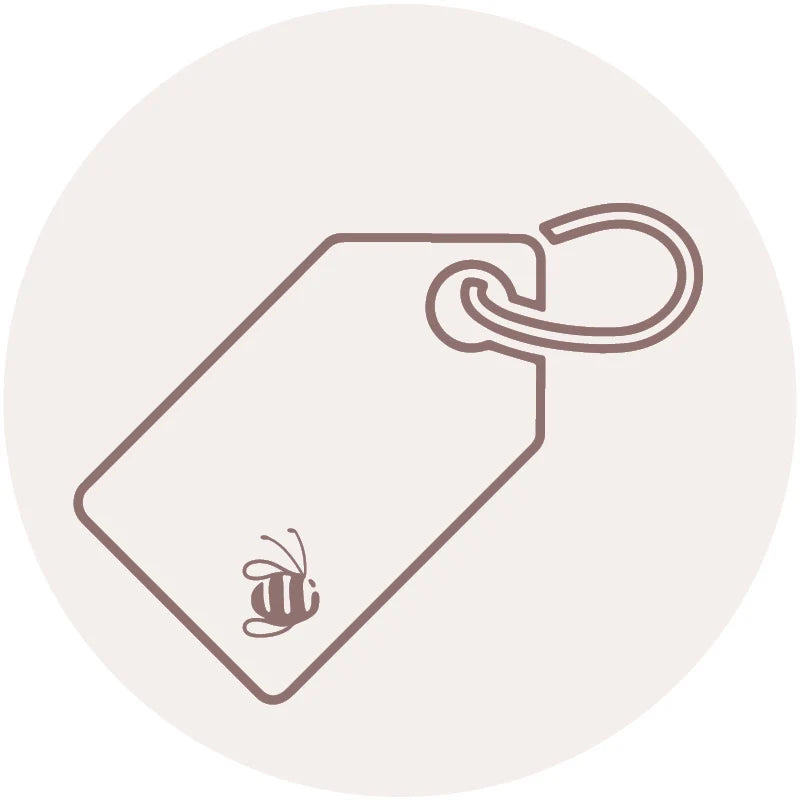Subo Food Bottle
Subo Food Bottle
SKU:SUB-BOT210GR
Clothing Prem to 18 Months
| Size | Age Guide | Weight | Height |
|---|---|---|---|
| Premature | Premature or Small Newborn | Up to 4Kg | Up to 55cm |
| Newborn | 0-3 months | 4-6Kg | Up to 62cm |
| 3 Month | 3-6 months | 6-8Kg | Up to 68cm |
| 6 Month | 6-12 Month | 8-10Kg | Up to 76cm |
| 12 Month | 12-18 Month | 10-12Kg | Up to 84cm |
| 18 Month | 18-24 Month | 12-14Kg | Up to 92cm |
Clothing 2 to 6 Years
| Size | Age Guide | Height | Chest | Waist | Hip |
|---|---|---|---|---|---|
| 2 Year | 2-3 Years | Up to 100 cm | 56 | 51 | 58 |
| 3 Year | 3-4 Years | Up to 105 cm | 58 | 53 | 60 |
| 4 Year | 4-5 Years | Up to 110 cm | 60 | 55 | 62 |
| 5 Year | 5-6 Years | Up to 115 cm | 62 | 57 | 64 |
| 6 Year | 6-7 Years | Up to 120 cm | 64 | 59 | 66 |
Beanie Size Guide
| Size | Head Circumference | Age Guide |
|---|---|---|
| Premature | 31-35 cm | Premature or Small Newborn |
| Newborn | 35-40 cm | Newborn |
| Small | 40-43 cm | 3-6 Months |
| Medium | 43-47 cm | 6-18 Months |
| Large | 47-52 cm | 18-3 Years |
Sunhat Size Guide
| Size | Head Circumference | Age Guide |
|---|---|---|
| Newborn | 37-40 cm | Newborn |
| Small | 40-43 cm | 3-6 Months |
| Medium | 43-46 cm | 6-12 Months |
| Large | 46-49 cm | 12-24 Months |
| Xtra Large | 49-54 cm | 2-4 Years |
Sleep Pods Size Guide
| Size | Weight | Age Guide | Measurement(Back to Hem) |
|---|---|---|---|
| Newborn | 0-6 kgs | 0-3 Months | 60.5 cm |
| Small | 0-8 kgs | 3-6 Months | 66 cm |
Booties Size Guide
| Size | Age Guide |
|---|---|
| Newborn | 0-3 Months |
| Small | 3-6 Months |
| Medium | 6-12 Months |
| Large | 12-18 Months |
Pretty Brave Baby
| Foot Length (mm) | Insole Length (mm) | EU | UK | Age | INT |
|---|---|---|---|---|---|
| 95-104 | 110 | 16/17 | 2 | 0-6m | S |
| 104-114 | 118 | 18 | 3 | 6-12m | M |
| 114-123 | 127 | 19/20 | 4.5 | 12-18m | L |
| 123-137 | 142 | 21/22 | 5.5 | 16-22m | XL |
Pretty Brave 1st Walker
| Foot Length (mm) | Insole Length (mm) | EU | UK | Age |
|---|---|---|---|---|
| 114-120 | 125-128 | 19 | 3 | 1 yr |
| 120-126 | 132-135 | 20 | 3.5 | 1-2 yrs |
| 126-132 | 138.5-141.5 | 21 | 4.5 | 1-2 yrs |
| 132-138 | 145-148.5 | 22 | 5 | 2 yrs |
Crywolf Swim Nappy
| Size | Length (waist to crotch) | Crotch Width (side to side) |
|---|---|---|
| 0-1 yr | 1-2 yrs | |
| 37 | 38 | |
| 14.5 | 15.5 |
Crywolf Rash Suit
| Size | Length (back neck to crotch) | Chest (arm to arm) | Waist (side to side) | Sleeve (neck to cuff) | Neck Opening(diameter) |
|---|---|---|---|---|---|
| 6-12 Months | 1 yr | 2 yrs | 3 yrs | ||
| 40 | 42 | 44 | 46 | ||
| 25 | 26 | 27 | 28 | ||
| 24 | 25 | 26 | 27 | ||
| 30 | 31.5 | 33 | 34.5 | ||
| 13.25 | 13.25 | 13.8 | 14.3 |
Low stock
Couldn't load pickup availability
Overview
Overview
The Subo Food Bottle is fast becoming a favourite in many households!
It is an incredible food bottle design that allows your little one to eat pureed fruit and vegetables, smoothies, yoghurts and even soft foods such as cereals, oats, weetbix, porridge or even tinned spaghetti!
Great for little ones to feed themselves independently and great for on the go. Minimise the mess - the Subo will only let food out when the spout is sucked on - no squeezing required so there is less room for mess to make an appearance.
It can hold up to 210ml volume and can be adjusted to hold a smaller portion by adjusting the platform inside the bottle. It comes with the original spout which has a 12mm opening. Great for kiddies 2+ years, also for the thicker soft foods like cereals, spaghetti etc.
Warning - always supervise your child when Subo is in use. Accidents can occur when babies and toddlers are left alone with their Subo.
Key Features
Key Features
Technical Specification
Technical Specification
User Guide
User Guide
Delivery and Returns
Delivery and Returns
- Delivery: Free within NZ on orders over $100 (excluding bulky items) or $8 standard shipping
- Returns: Accepted within 14 days of receipt with proof of purchase
- Some items are excluded from returns including sale items, hardware, car seats, prams, monitors and personal items - please click here for the full list.
Share this product
Recently Viewed Products
Related Blogs
Beginning your baby on solid foods
Starting Solids: A New Chapter in Your Baby’s Feeding Journey 🥄 Introducing your baby to solids is an exciting milestone for both of you! It’s a time for new tastes, textures, and the inevitable messes that come with it. But as your baby reaches the six-month mark, it’s time to introduce them to new foods to complement their milk diet. For the first six months, your baby relies on iron stores from the womb and breast milk or formula. But as those iron stores begin to deplete, solids are needed to boost their nutrition. It’s recommended to continue breastfeeding or bottle-feeding alongside solids until your baby is 12 months old. Solids at this stage complement, rather than replace, their milk feeds. You can also start offering small amounts of water after six months, either in a sippy cup or with meals, to help your baby stay hydrated as they transition to solids. Signs Your Baby Might Be Ready for Solids Here are some signs to watch for that indicate your little one is ready to start eating solids: They seem hungry after milk feeds Can sit up with support and hold their head steady Show interest in your food, possibly reaching out or opening their mouth Make chewing motions when they see food Open their mouth when a spoon comes near Baby’s First Taste: Making Mealtimes Memorable 💛 Starting solids can be an exciting and slightly messy adventure! You can begin with simple, iron-rich foods to complement their milk diet, such as: Iron-fortified rice cereal mixed with breast milk or formula Purées of cooked vegetables like pumpkin, kūmara, or carrot Mashed avocado – easy to prepare and great for baby’s first tastes Purée of cooked apple or pear – mild, easy-to-digest options Purée of cooked chicken or beef – an excellent way to introduce iron A fantastic way to offer baby their first tastes is with the b.box Silicone Fresh Food Feeder. Simply pop in soft fruits or steamed vegetables, and let baby explore with a self-feeding method that doubles as teething relief. Make Mealtimes Easier with the Right Tools The right tools can make the journey into solids so much easier – and a little less messy! The Zazi Clever Spoon Set is designed for tiny hands, and paired with the Clever Bowl with Lid, they're perfect for portioning, feeding, and storing leftovers. The b.box Roll + Go Mealtime Mat keeps the mess contained, while the classic Mum2Mum Wonder Bib or the Mum2Mum Sleeved Wonder Bib makes sure your baby’s outfit stays clean, even on the messiest of days. After all, less laundry means more cuddle time! Moving to Mash As your baby approaches seven months, they’ll likely be ready to try foods with a thicker consistency. Offer them mashed or fork-mashed foods like ripe banana, avocado, small pasta pieces, or cooked egg. These textures are easy for your baby to swallow and great for practicing chewing. At this stage, avoid harder lumps like whole peas, which can pose a choking risk. Embracing Independence Around 8 Months Around eight months, your baby may begin showing an interest in feeding themselves. They may grab the spoon and try to feed themselves – it’s messy, but it’s also a great opportunity for developing their hand-eye coordination. Give them a chance to explore, but always stay close by to offer a helping hand (and a napkin)! We’re Here to Help At Dimples, we know starting solids can feel overwhelming. That’s why we’re always here to support you with expert advice and product recommendations. Visit us in-store or contact our friendly team for any questions – we’ve got everything you need to make this adventure as fun and easy as possible.
Learn moreBaby Comforters: What Are They, and How To Introduce Them
There’s something very special about watching your baby snuggle into their favourite little blanket or soft toy. For many little ones, a comforter (or blankie) becomes more than just a bedtime accessory - it’s a trusted friend that brings a sense of calm and reassurance through every new stage of growing up.
Learn moreNewborns & Sleep: What to Expect and Survival Tips
Bringing a new baby home is one of life’s most beautiful - and exhausting - adventures. In this blog, Family Sleep & Wellness Coach, Lauren Moran from Little Dreamers, shares her expert advice on newborn sleep in the fourth trimester.
Learn moreYour Wishlist, Made Easy
Creating a gift registry takes the guesswork out of gifting for you and your loved ones. While the journey of pregnancy can come with plenty of challenges, ticking off your shopping list doesn't need to be one of them.
Learn more












